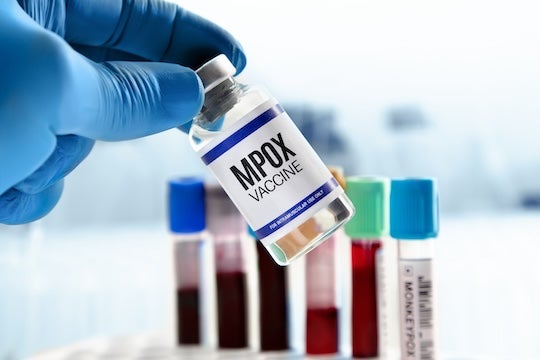The World Health Organization (WHO) has officially declared mpox, a viral illness previously known as monkeypox, a public health emergency of international concern following a significant outbreak in the Democratic Republic of Congo and neighboring African countries.

The announcement made Aug. 14 highlights the growing seriousness of the situation as the virus spreads beyond Africa, with the first case outside the continent recently confirmed in Sweden. It also marks the second time in two years that the WHO has raised alarms over mpox. In 2022, a multicountry outbreak led to nearly 100,000 cases globally, including 32,000 in the United States, according to the Centers for Disease Control and Prevention .
Rice University experts are available to discuss the mpox global health emergency as the world grapples with the ongoing outbreak.
How mpox spreads
Although the risk of a widespread mpox outbreak in the U.S. remains low, experts urge vigilance as the virus spreads across multiple countries. Jose Onuchic, the Harry C. and Olga K. Wiess Chair of Physics and professor of chemistry and biosciences, can address the importance of understanding how mpox is transmitted.
“Unlike SARS-CoV-2, which spreads rapidly through respiratory droplets, mpox transmission primarily occurs through direct skin-to-skin contact,” Onuchic said. “This is often in the context of intimate relationships, but it can also occur through contact with contaminated surfaces.”
Symptoms of mpox typically begin with general signs such as fever, headaches and swollen lymph nodes. The most distinctive symptom is a rash resembling pimples or blisters, which can appear on the face, inside the mouth and on other parts of the body. The illness generally lasts between two and four weeks.
City wastewater testing
Rice is contributing to efforts to track the virus through wastewater testing. Associate professor of civil and environmental engineering Lauren Stadler, in collaboration with the city of Houston Health Department, is analyzing wastewater samples to detect the presence of the mpox virus. During the 2022 outbreak, this approach proved effective with citywide detections closely tracking clinical cases.
In November 2023, mpox was detected in Houston’s wastewater two weeks before a confirmed case. A response plan was immediately activated, which included additional sample collection, testing and internal notifications. Following the confirmed case, a pop-up vaccine clinic was set up near the detection location.
“Wastewater surveillance can serve as a powerful early warning system for the emergence of infectious diseases,” Stadler said. “It can direct and dispatch health care resources to communities.”
New mpox strain
Concerns are mounting as a new subtype of the virus, clade Ib, emerges. This strain is more severe and has a death rate of 3%, much higher than the 0.2% death rate observed during the 2022 outbreak. Todd Treangen, an associate professor of computer science, is focused on developing real-time tools to detect and track emerging pathogens such as clade Ib.
Treangen’s lab uses open-source computational methods and software tools, such as Parsnp and Olivar, to accurately identify these organisms. “Accurate pathogen identification is crucial for effective mitigation and treatment,” Treangen said.
To schedule an interview with any of the experts contact Marcy de Luna, media relations specialist, at marcy.deluna@rice.edu or Silvia Cernea Clark, media relations specialist, at silviacc@rice.edu.

